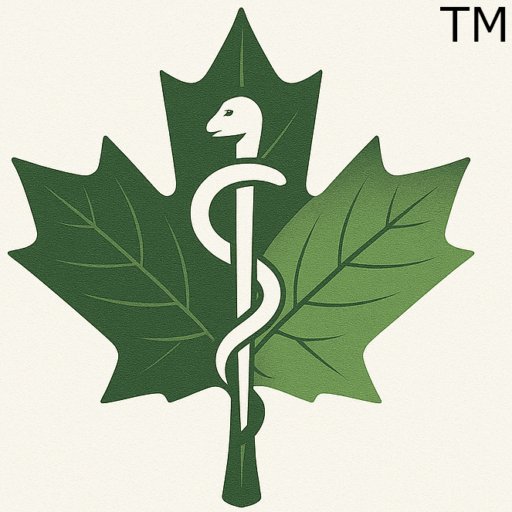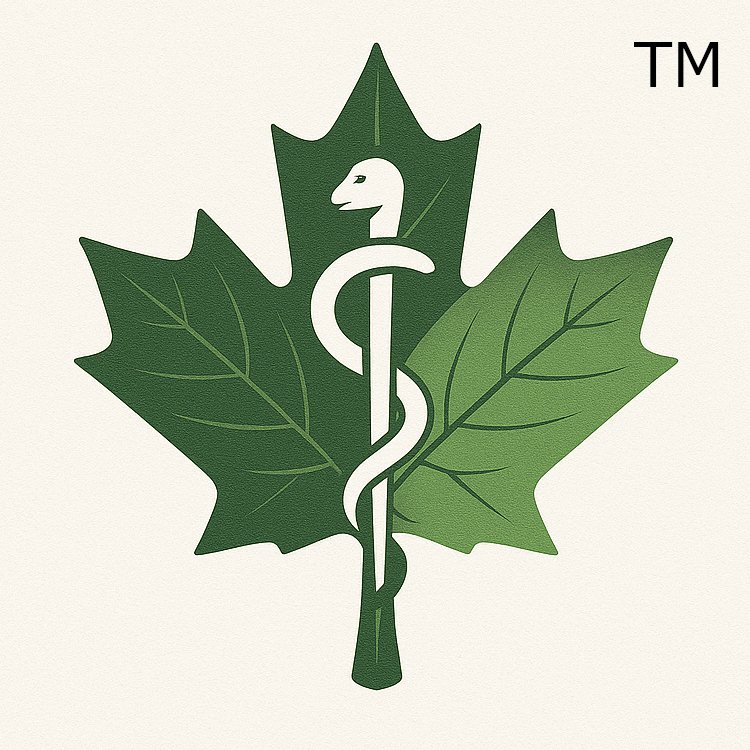Kinesiology studies human movement and its impact on overall health and well-being. Practitioners, known as kinesiologists, use their knowledge of anatomy, physiology, biomechanics, and other related fields to help clients improve physical function, prevent injury, and enhance performance. Services may include exercise prescription, functional assessments, and movement analysis.
Membership
Discover the power of unity as a professional kinesiologist by joining our esteemed CNA-ACN community. Our mission is rooted in bringing together practitioners from various complementary and alternative medicine disciplines to foster collaboration, maintain the highest standards of practice, and raise public awareness of the benefits of natural health care.
CNA-ACN is dedicated to supporting our members’ growth and advancement by offering various membership benefits designed to enhance professional success and expand public access to outstanding natural healthcare services. By joining our association, kinesiologists can access valuable resources, such as malpractice insurance, continuing education opportunities, networking events, advocacy support, and more.
We are committed to educating the public about the advantages of kinesiology and the importance of selecting qualified practitioners. Our upcoming online directory and public outreach efforts will connect Canadians with dependable kinesiology providers passionate about promoting well-being and empowering individuals to take responsibility for their health.
By building a vibrant community of kinesiology professionals and engaging the public in the pursuit of wellness, CNA-ACN aims to create a healthier Canada where the power of natural healing is recognized and appreciated. We warmly invite kinesiologists and the public to explore the benefits of membership and join us in championing a thriving and diverse natural healthcare landscape.
Learn more about our membership benefits.
Regulatory Information:
Kinesiology is regulated in some provinces in Canada, such as Ontario, British Columbia, and Alberta. In provinces where it is regulated, practitioners must be registered with the respective provincial regulatory body to practice legally.

